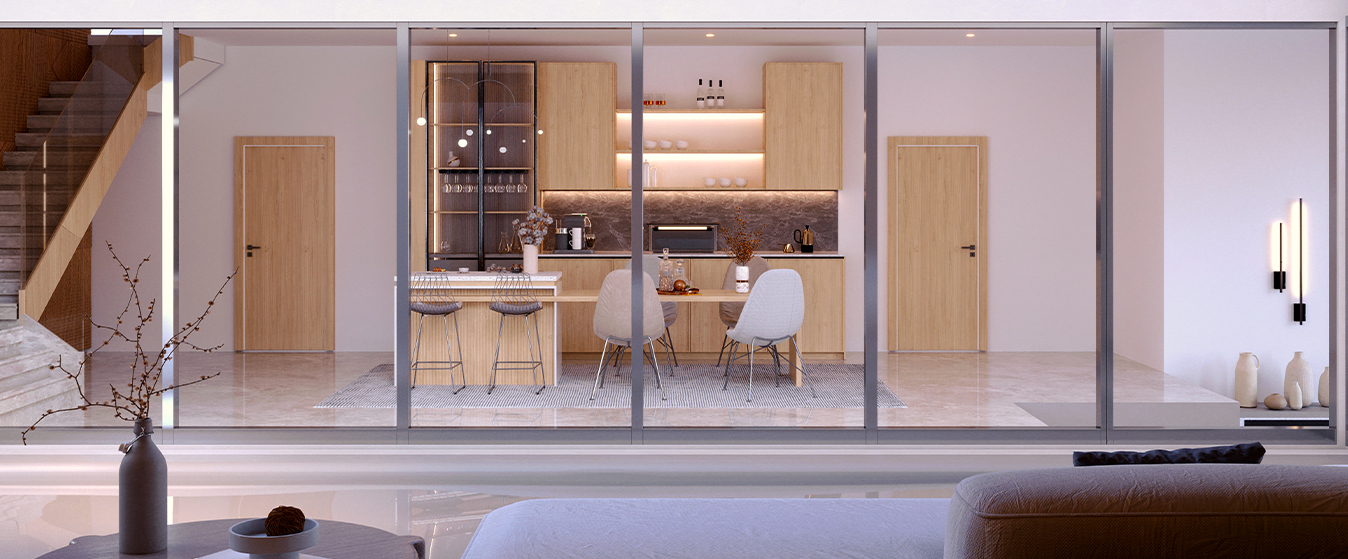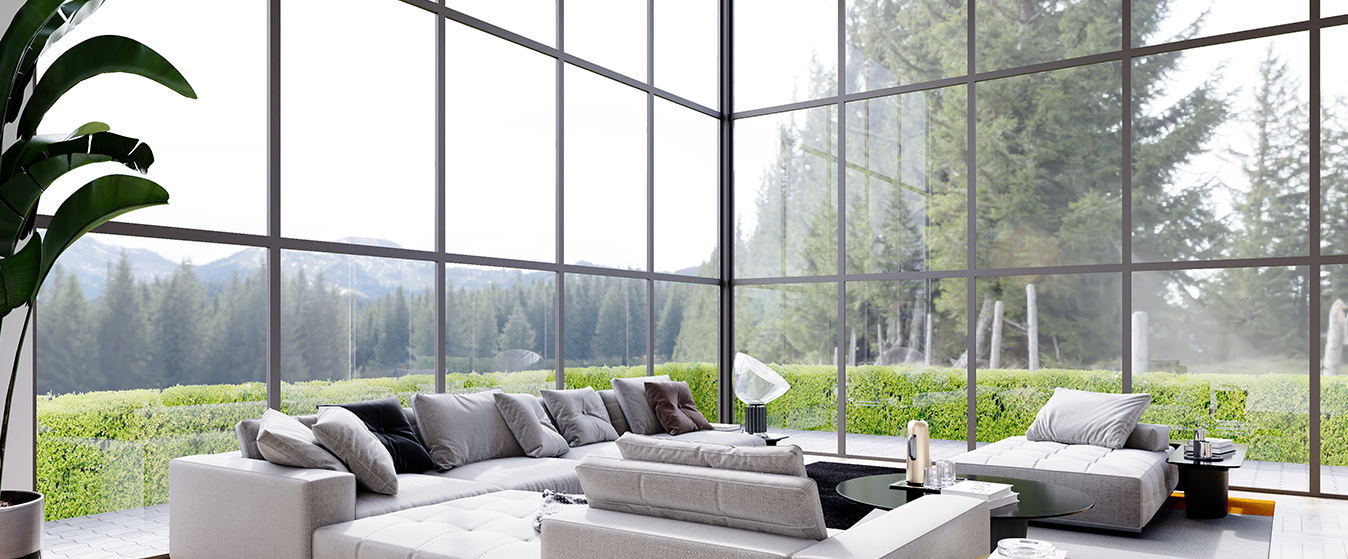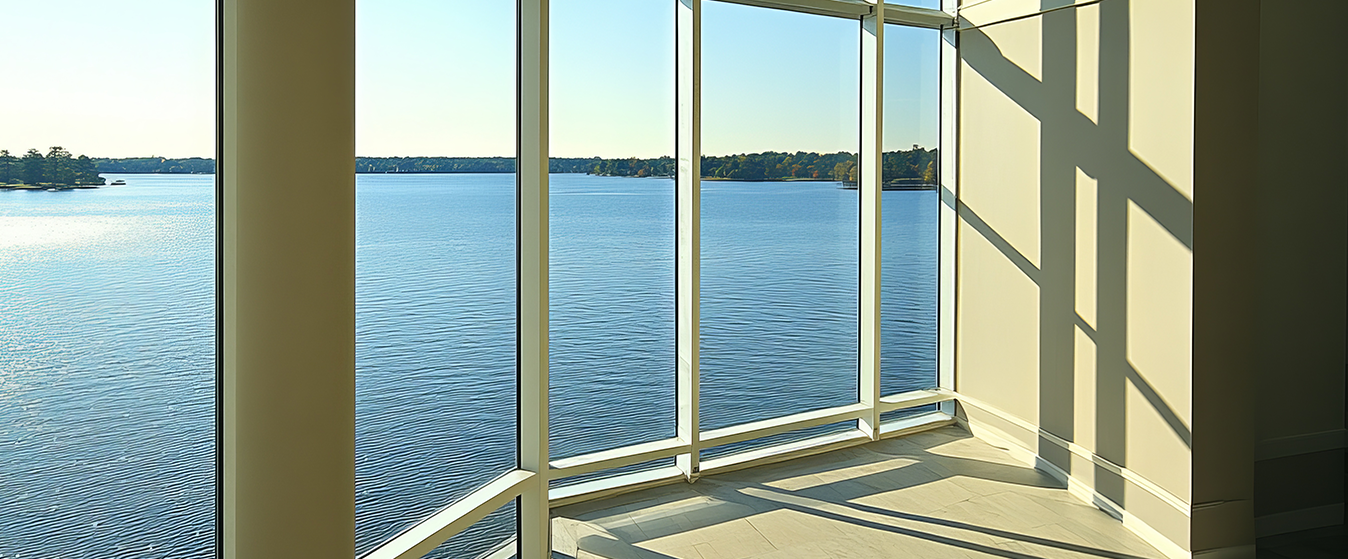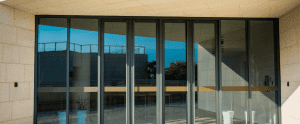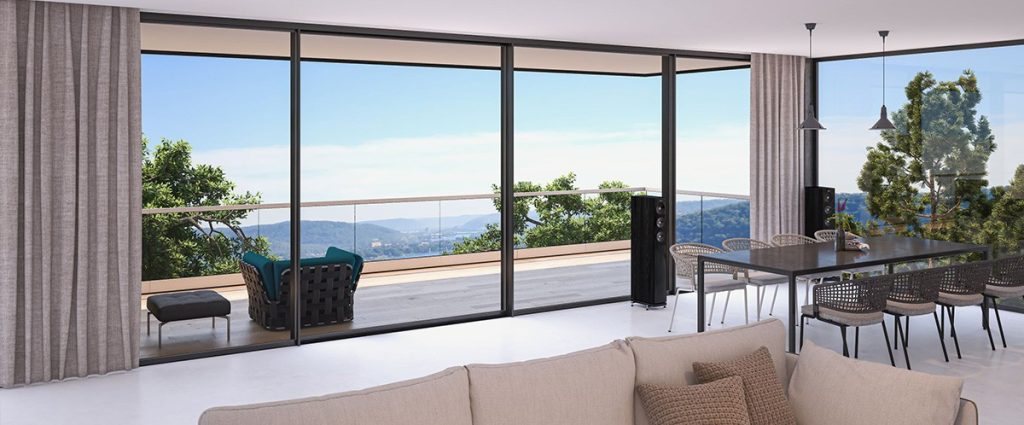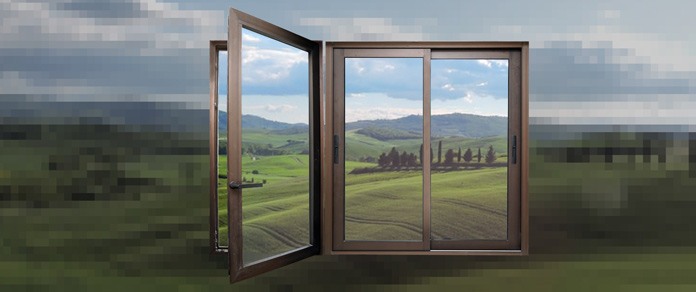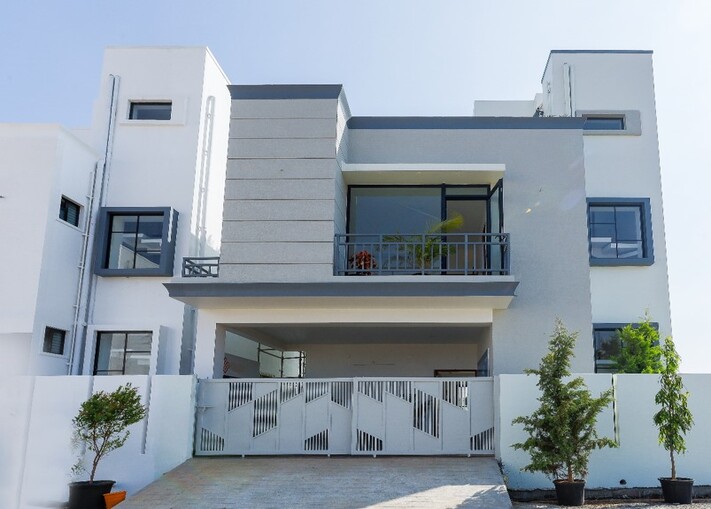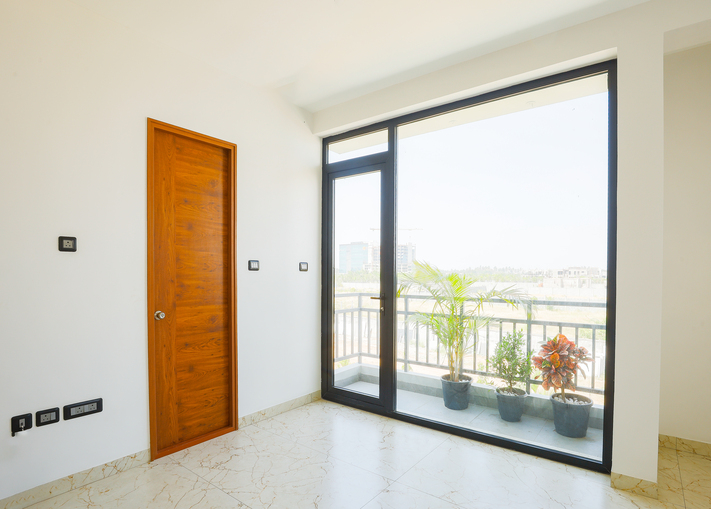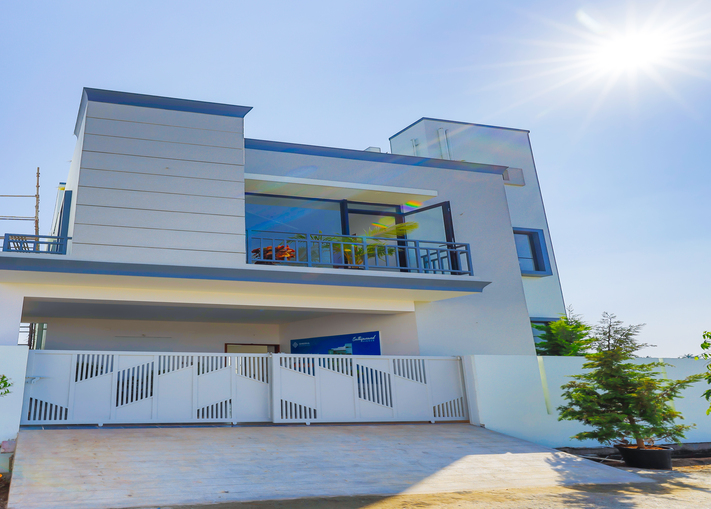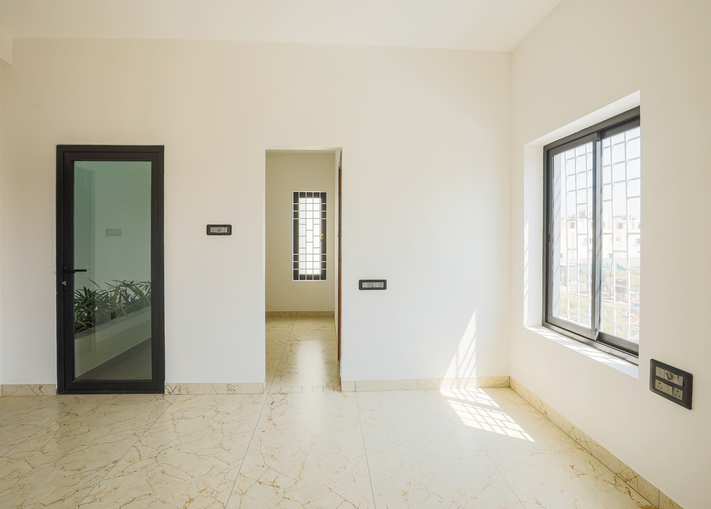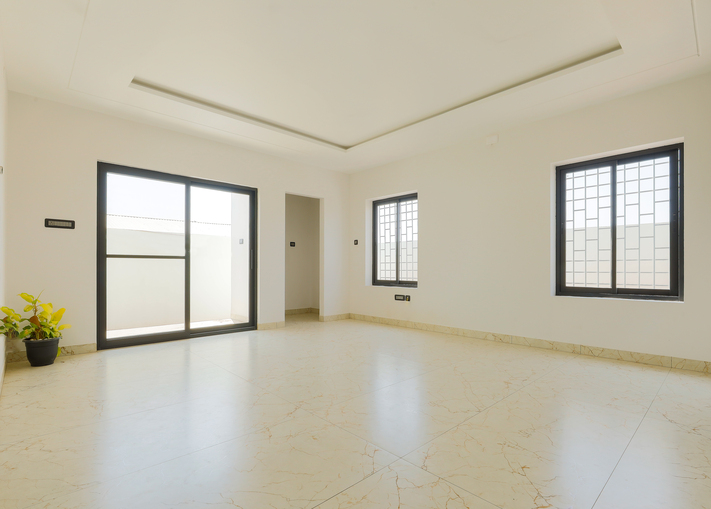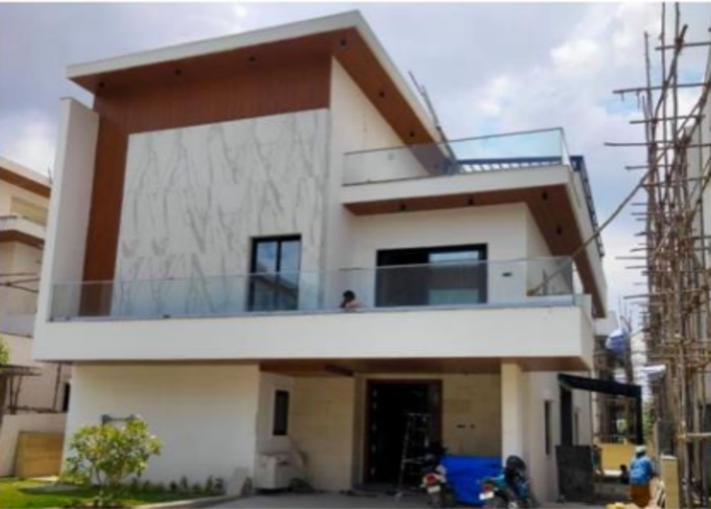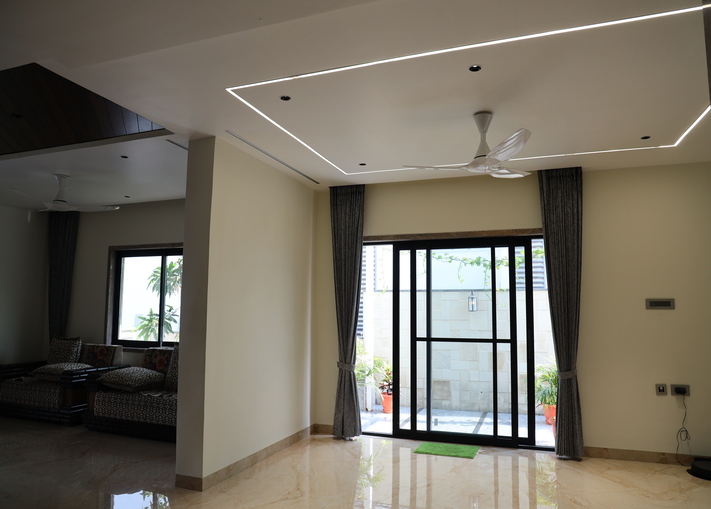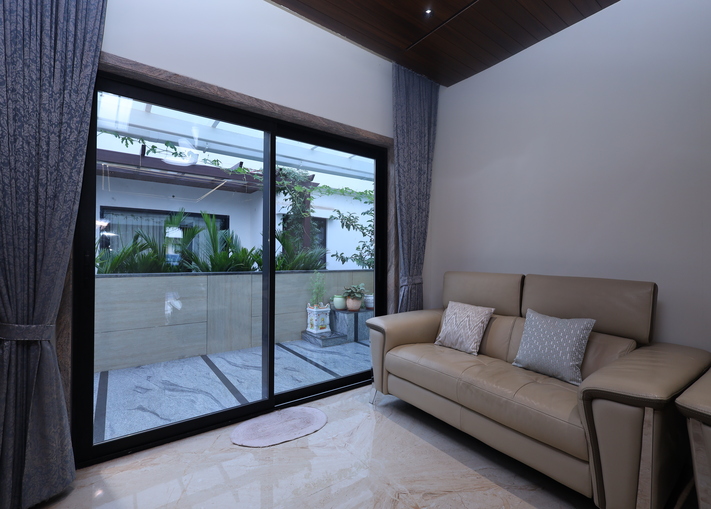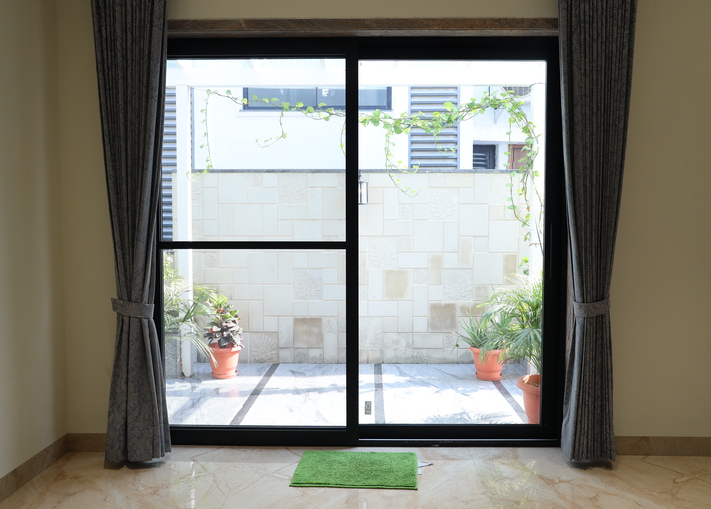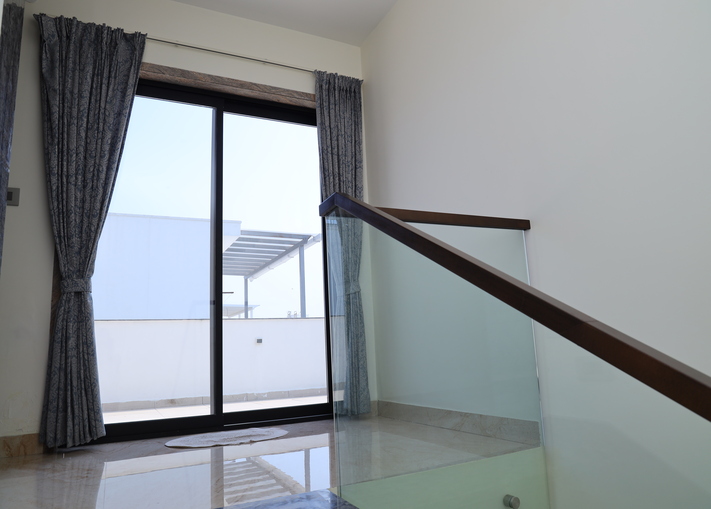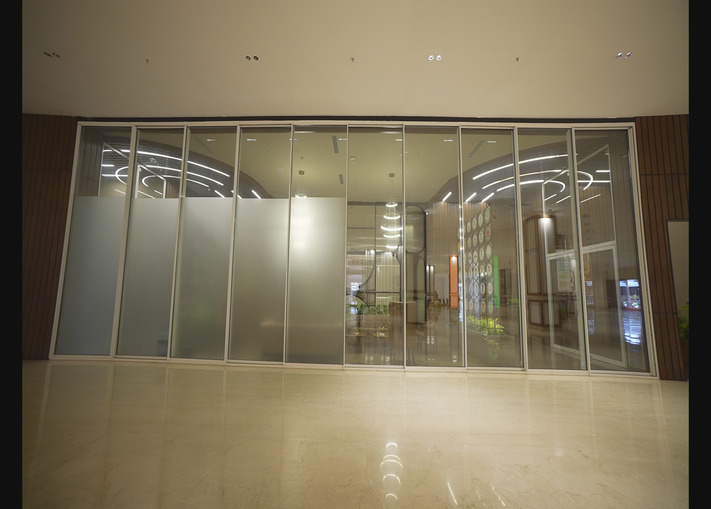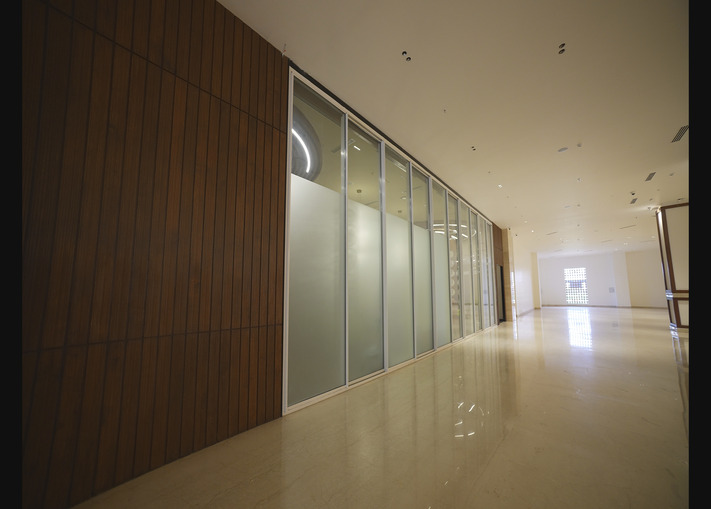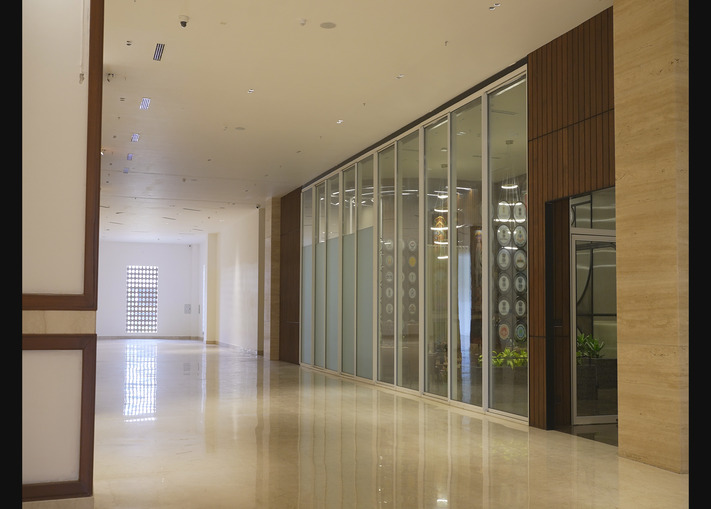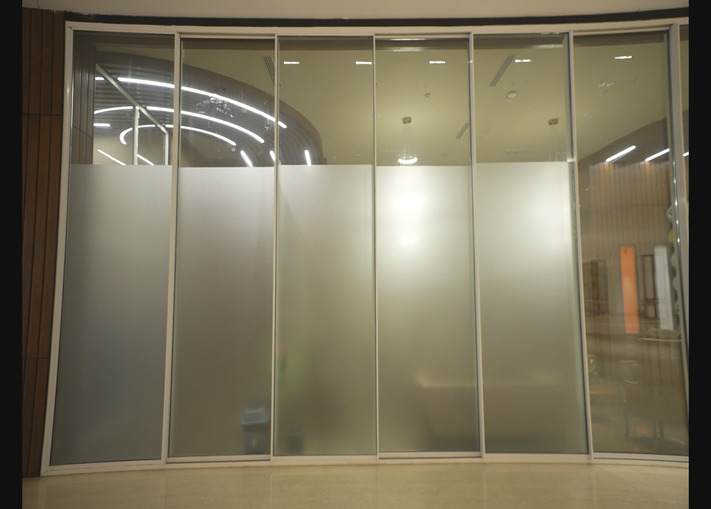uPVC vs. Aluminum Windows: Which One is Right for Your Space?
October 26, 2023
When it comes to choosing the perfect windows for your space, the decision often boils down to two popular materials: uPVC and aluminum. Both offer unique advantages and cater to different needs and preferences. Let’s explore the key differences between uPVC and aluminum windows to help you make an informed decision about the best windows for your home or commercial space.
1. Material Composition:
uPVC (Unplasticized Polyvinyl Chloride):
- uPVC windows are made from a plastic compound known as PVC (Polyvinyl Chloride) that has not been plasticized.
- This material is lightweight, durable, and resistant to moisture, making it a suitable choice for areas with high humidity or coastal locations.
- uPVC windows are known for their low maintenance requirements and resistance to rot, corrosion, and termite damage.
Aluminum:
- Aluminum windows are crafted from lightweight yet sturdy aluminum frames.
- They are corrosion-resistant and can withstand harsh weather conditions, making them suitable for both residential and commercial applications.
- Aluminum windows are highly durable and can last for decades with proper maintenance.
2. Thermal Efficiency:
uPVC:
- uPVC windows offer excellent thermal insulation due to their low thermal conductivity.
- They help keep your indoor spaces cooler in summer and warmer in winter, contributing to energy savings and enhanced comfort.
Aluminum:
- Aluminum is a good conductor of heat and cold, which means aluminum windows may not provide the same level of thermal insulation as uPVC windows.
- However, modern aluminum windows often include thermal breaks or barriers to improve energy efficiency.
3. Aesthetics:
uPVC:
- uPVC windows are available in a wide range of colors and finishes, allowing for customization to match your home’s aesthetic.
- They offer a clean and modern appearance.
Aluminum:
- Aluminum windows also come in various finishes, and their slim profiles can create a sleek and contemporary look.
- Aluminum frames can hold larger panes of glass, offering unobstructed views and maximizing natural light.
4. Maintenance:
uPVC:
uPVC windows are virtually maintenance-free. They do not require painting or sealing, and cleaning can be done with a simple wipe-down using soap and water.
Aluminum:
Aluminum windows may require occasional maintenance, such as repainting or powder coating to maintain their appearance and prevent corrosion.
5. Durability:
uPVC:
- uPVC windows are highly durable and can withstand years of exposure to the elements without degradation.
- They are also resistant to termite infestations and do not rot or warp.
Aluminum:
Aluminum windows are known for their long-lasting durability and resistance to corrosion, making them suitable for areas with challenging environmental conditions.
6. Cost:
uPVC:
uPVC windows tend to be more cost-effective compared to aluminum windows, making them an attractive option for budget-conscious homeowners.
Aluminum:
Aluminum windows may have a higher initial cost, but their durability and long lifespan can make them a cost-effective choice over time.
In conclusion, the choice between uPVC and aluminum windows depends on your specific needs, preferences, and budget. uPVC windows offer excellent thermal insulation, low maintenance, and cost-efficiency, while aluminum windows provide durability, a sleek aesthetic, and customization options. To determine the best windows for your space, consider your climate, maintenance preferences, and design preferences. Whichever material you choose, Alteza’s premium window and door systems can be tailored to meet your unique requirements, ensuring that your space is both functional and visually stunning.





